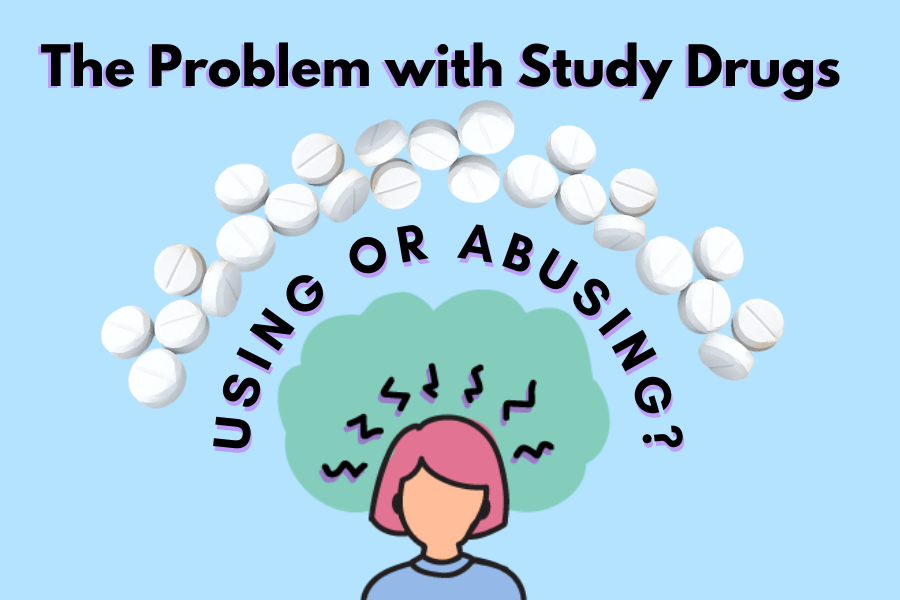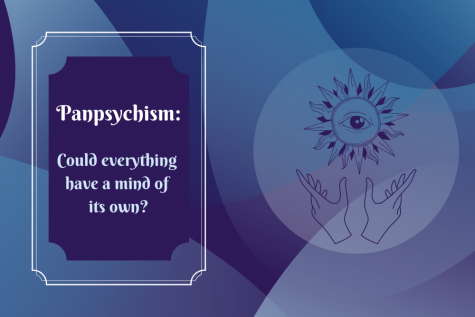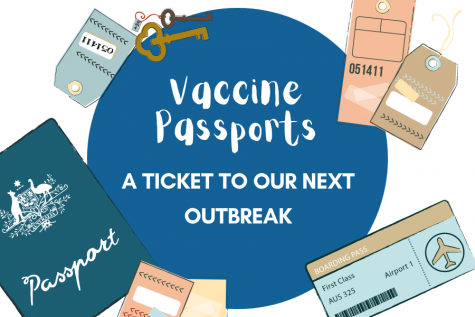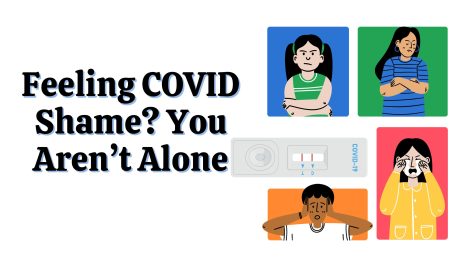Using or Abusing? The Problem With Study Drugs
Approximately twenty percent of college students admit to misusing focus drugs—drugs meant to increase concentration and cognitive performance. A study conducted at Bates College reported that about one-third of their students have abused study drugs. Over half of students with an ADHD prescription have been asked by their peers to illegally sell the medication.
All of these statistics appear highly concerning, and they are. This abundant and illegal use of focus drugs not only unevens the playing field among other students but can also pose lots more risks.
What are Focus Drugs?
Focus drugs are drugs used to enhance cognition: “the mental action or process of acquiring knowledge and understanding through thought, experience, and the senses”. They are divided into three groups: Eugeroics promote alertness, ADHD medications aid people suffering from ADHD, and Nootropic Supplements enhance your cognition. The most well-known types of focus drugs are Adderall and Ritalin, which are both commonly used to treat ADHD.
Health Risks
Not only does the misuse of study drugs pose serious risks, but they are also less stigmatized than other drugs, leading to more abuse.
Some, but not all, of the more common mild side effects a patient could face if they do not use the medication as prescribed or if they take the drug without a prescription are trouble sleeping, poor appetite, high blood pressure, irregular heartbeats, and nervousness.
More severe side effects can include headaches, irritability, and mood swings. These are common for patients getting adjusted to a higher dosage or who are still trying to find the correct dosage for them. Despite this, unregulated focus drugs can have serious medical problems such as heart attacks, stroke, and seizures, although these symptoms are far less common.
Plenty of people who start taking study drugs may view them as harmless, perhaps thinking they’ll only use them once to get through their finals. However, over time, people who don’t use focus drugs can form a dependence and start facing withdrawal symptoms if they try to quit.
Study Drugs in Schools
A recent study shows that 12% of high school seniors report using “study drugs”, but the problem of study drug abuse is often hidden under the pressures of school. Whereas a drug like cocaine is usually objectively seen as used for non-productive purposes, users can argue for the benefits of study drugs, as they claim to help with school performance.
With Scarsdale already having a reputation for having a toxic environment around grades, heightening the pressure upon students, the high school is especially vulnerable to these types of drugs. One person using study drugs one time could lead to addiction or could spread to their friends and peers. Even without considering the illegal and unfair nature of using study drugs, the health risks involved are easily enough to declare that the use of study drugs is not worth the potential abuse.
“Cognitive enhancers.” Alcohol and Drug Foundation, 10 November 2021, https://adf.org.au/drug-facts/cognitive-enhancers/. Accessed 30 March 2022.
Gavin, Mary L. “Study Drugs (for Teens) – Nemours KidsHealth.” Kids Health, January 2022, https://kidshealth.org/en/teens/study-drugs.html. Accessed 30 March 2022.
“Medication for Attention Deficit Hyperactivity Disorder in Adults.” NYU Langone Health, https://nyulangone.org/conditions/attention-deficit-hyperactivity-disorder-in-adults/treatments/medication-for-attention-deficit-hyperactivity-disorder-in-adults. Accessed 30 March 2022.
“One in ten teens using “study drugs,” but are parents paying attention?” National Poll on Children’s Health, 20 May 2013, https://mottpoll.org/reports-surveys/one-ten-teens-using-%E2%80%9Cstudy-drugs%E2%80%9D-are-parents-paying-attention. Accessed 30 March 2022.











